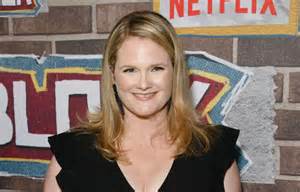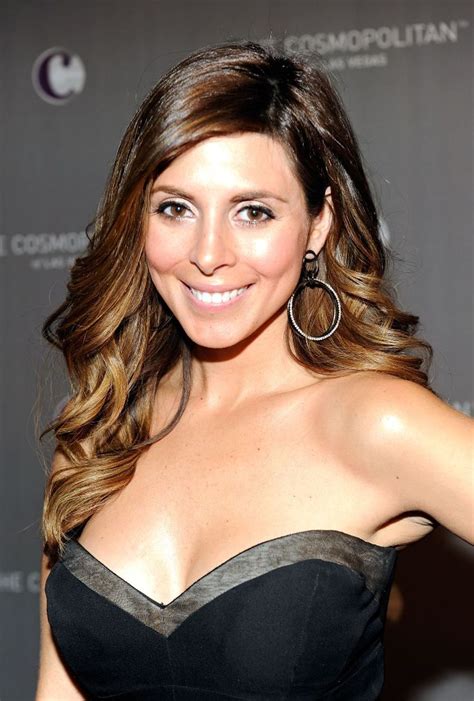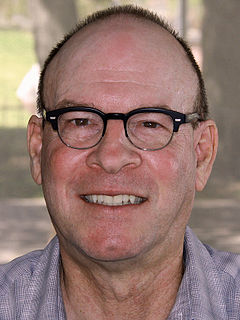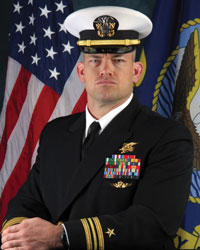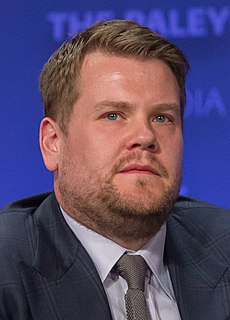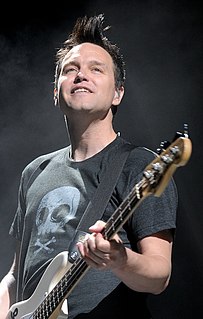A Quote by Lauren Iungerich
I think there's a lot of really good programming on television. What I've noticed, through the years of being a professional writer, is the watering down process of story. You have to market to the masses and not offend anybody.
Related Quotes
Artists are not helper monkeys; they’re not in it to visualize 'your' story, because it stopped being 'your' story the moment you engaged in a collaborative medium. From here on in, it’s also the artist’s story, and if you’re working with an illustrator who’s any good at all, you as a writer have to tamp down any control-freak tendencies you suffer under and relax into the process.
My story wasn't one of those cliched stories of being an ugly duckling, I had a pretty good time at school. But then I think being six foot by the age of 15 meant that I couldn't help but be noticed, and that was when my physical being felt quite painful - I could not any longer walk into a room without being noticed.
The fact that Edward Snowden didn't approach the New York Times hurt a lot. It meant two things. Morally, it meant that somebody with a big story to tell didn't think we were the place to go, and that's painful. And then it also meant that we got beaten on what was arguably the biggest national security story in many, many years. Not only beaten by the Guardian, because he went to the Guardian, but beaten by the Post, because he went to a writer from the Post. We tried to catch up and did some really good stories that I feel good about. But it was really, really, really painful.
The idea that a bell rings to signal when investors should get into or out of the stock market is simply not credible. After nearly fifty years in this business, I do not know of anybody who has done it successfully and consistently. I don't even know anybody who knows anybody who has done it successfully and consistently. Yet market timing appears to be increasingly embraced by mutual fund investors and the professional managers of fund portfolios alike.
There are a lot of inaccuracies out there when it comes to the SEAL training process. You will see guys carrying logs around on television. They think that the hardest part about being on a SEAL team is getting through that training. The fact of the matter is, if you have a good attitude, that training is fun. I had a blast.
I'd love to have written a film and it to be regarded as good. I'd just like to be doing things that are good, really. I think that's all you can aim for. I find it odd when actors say they just want to do films or plays or television. A lot of films aren't very good; a lot of television isn't very good; a lot of plays aren't very good.
We never really set out to talk about California on the album ['California'], it was something that we noticed that was happening about three-quarters of the way through the recording process. We were looking at which songs we thought would make the record and we realised that there was this theme coming through. I think it's just a product of being in California for as long as I have.
